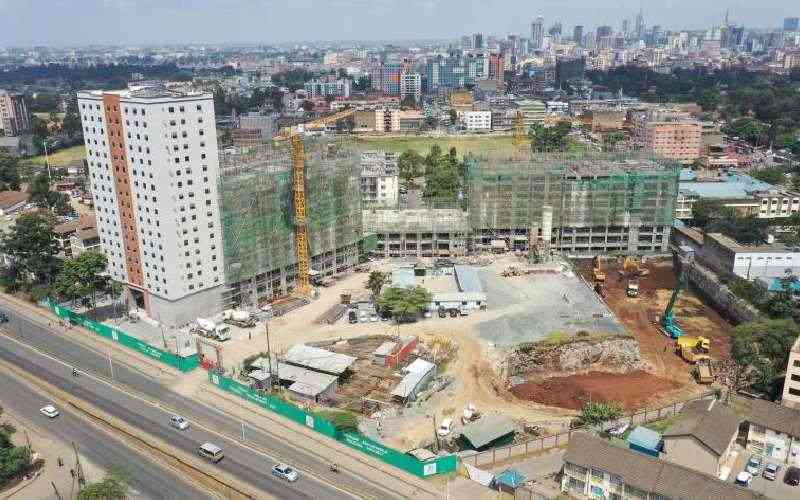×
The Standard e-Paper
Smart Minds Choose Us

An affordable housing law has been fronted by real estate sector players as the key to unlocking the industry's potential and fulfilling one of President Uhuru Kenyatta's big four agenda.
This, they argue, will significantly reduce the cost of housing and also free up capital for developers to put up even more units.